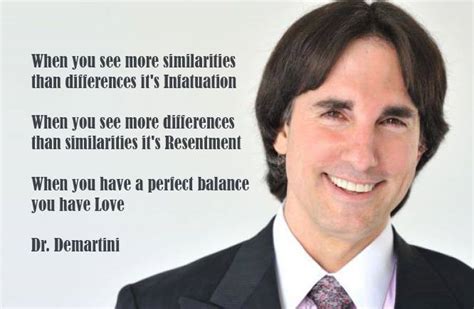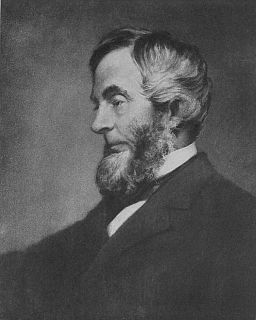A Quote by Epicurus
Natural wealth is limited and easily obtained; the wealth defined by vain fancies is always beyond reach.
Related Quotes
In every age, people are certain that only the things they have deemed valuable have true value. The search for love and the search for wealth are always the two best stories. But while a love story is timeless, the story of a quest for wealth, given enough time, will always seem like the vain pursuit of a mirage.
When you read Marx (or Jesus) this way, you come to see that real wealth is not material wealth and real poverty is not just the lack of food, shelter, and clothing. Real poverty is the belief that the purpose of life is acquiring wealth and owning things. Real wealth is not the possession of property but the recognition that our deepest need, as human beings, is to keep developing our natural and acquired powers to relate to other human beings.
The whole privatisation of health and education, of natural resources and essential infrastructure - all of this is so twisted and so antithetical to anything that would place the interests of human beings or the environment at the center of what ought to be a government concern - should stop. The amassing of unfettered wealth of individuals and corporations should stop. The inheritance of rich people's wealth by their children should stop. The expropriators should have their wealth expropriated and redistributed.
Wealth brings noble opportunities, and competence is a proper object of pursuit; but wealth, and even competence, may be bought at too high a price. Wealth itself has no moral attribute. It is not money, but the love of money, which is the root of all evil. It is the relation between wealth and the mind and the character of its possessor which is the essential thing.








































